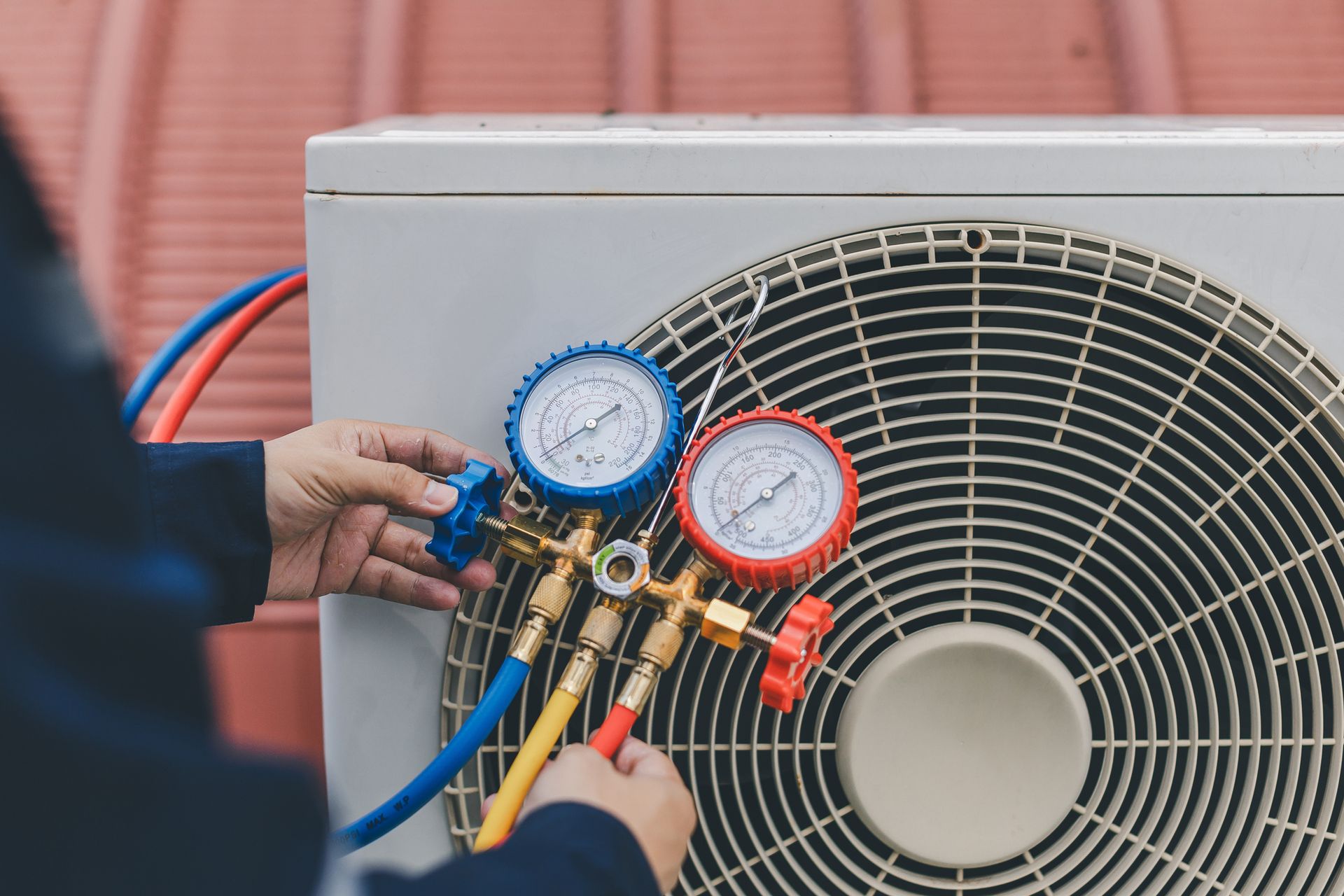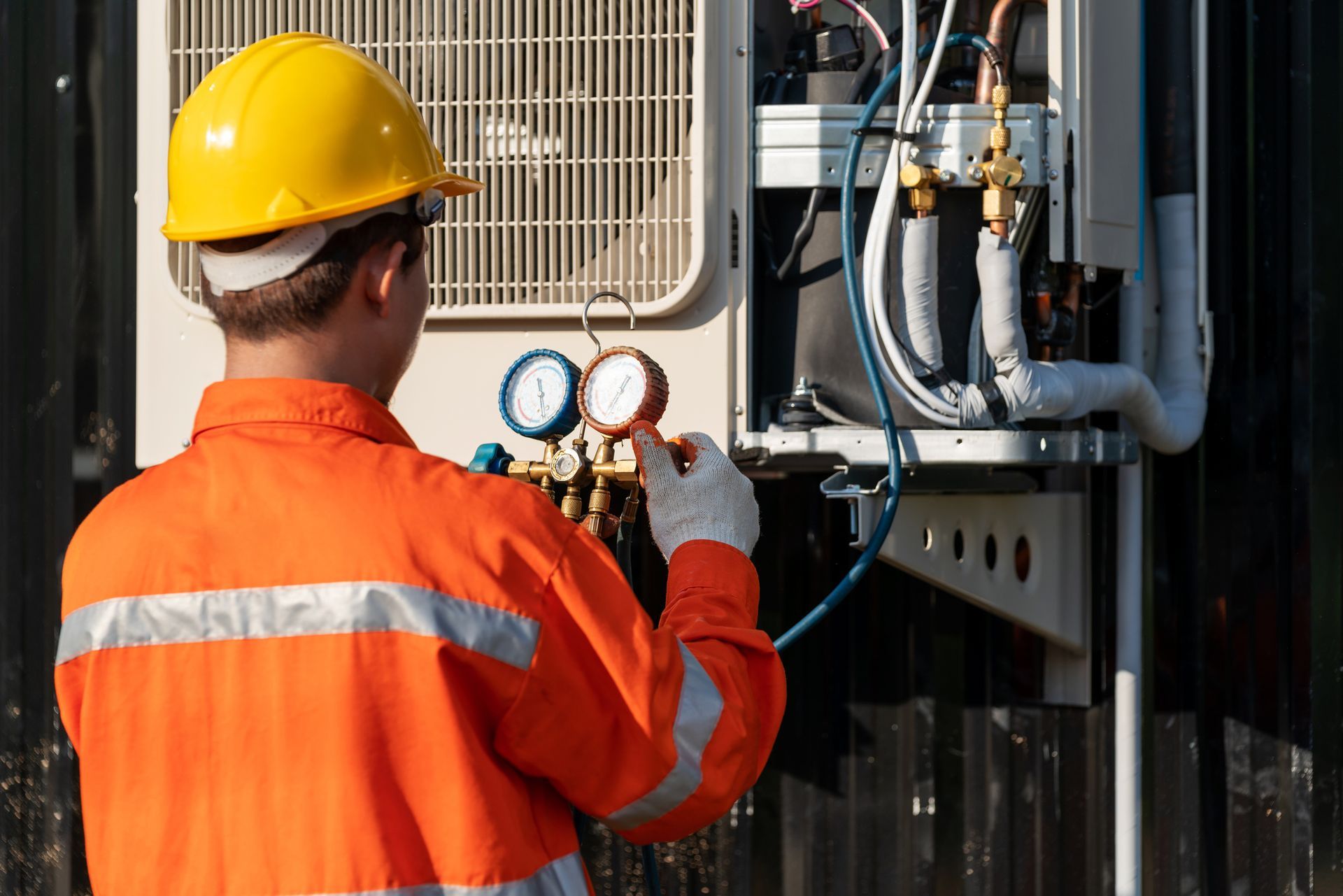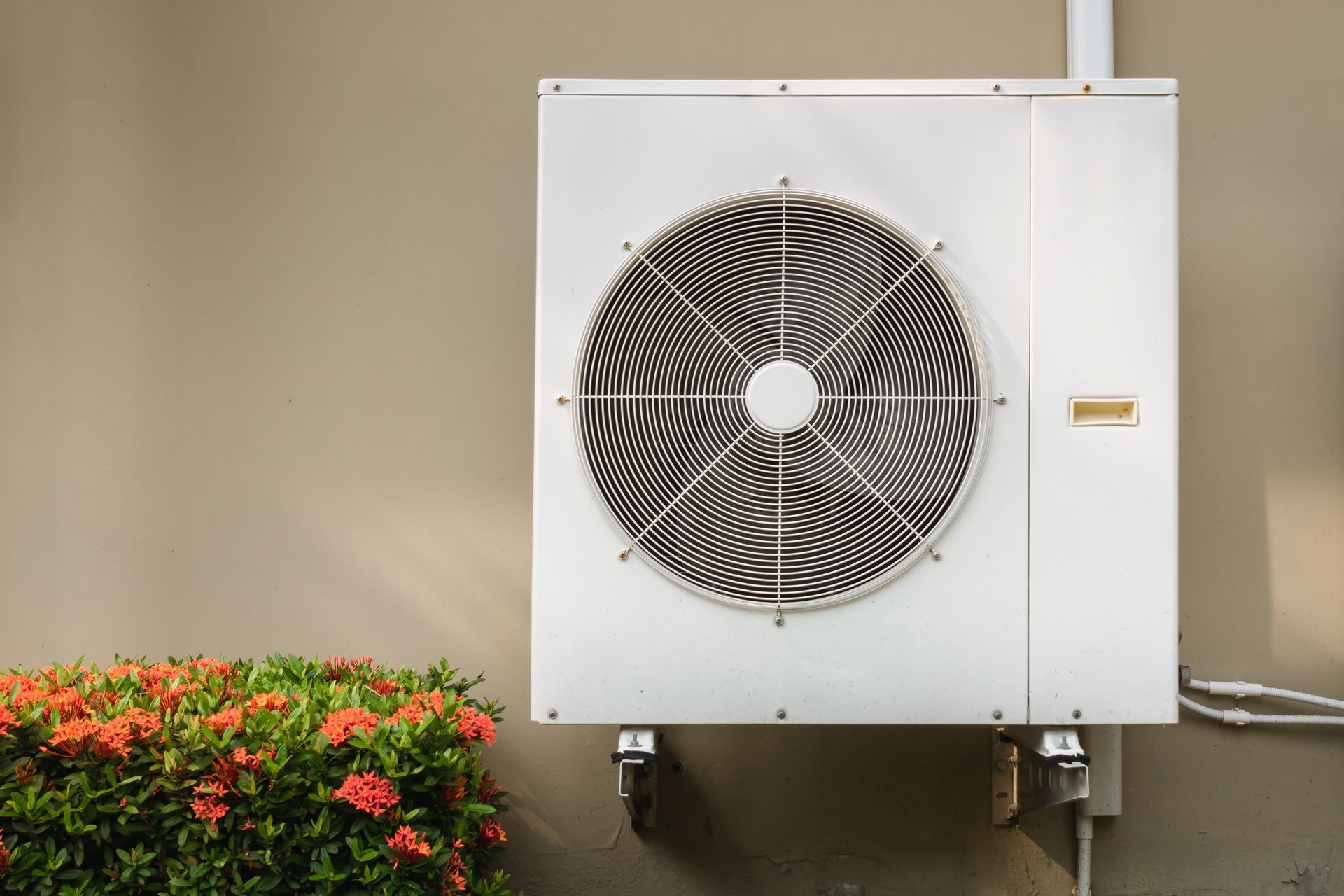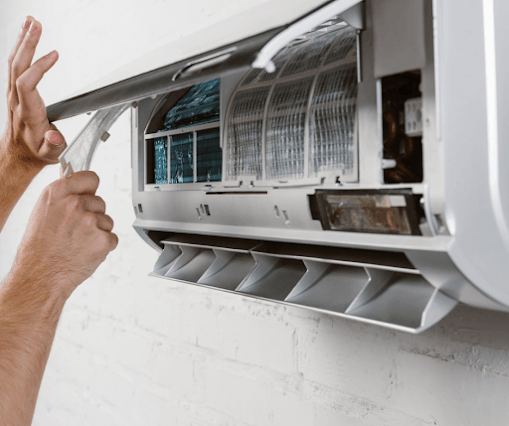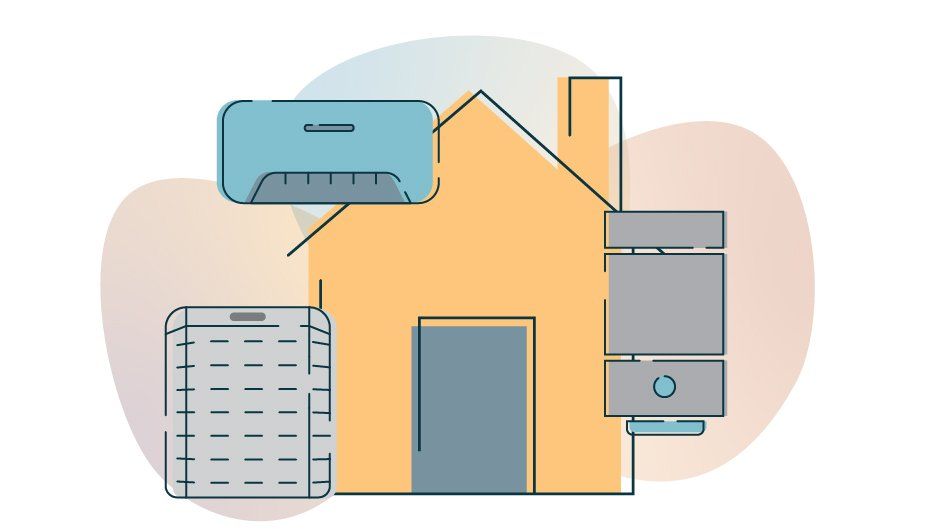Should I Install a Furnace with a Heat Pump? It Depends.
The idea of using both a furnace and heat pump might seem somewhat unusual at first. After all, why would you need two heating systems? While furnaces and heat pumps both produce energy-efficient heat, the differences in their design really make using both of them a potential option. It’s not for everyone, but with the right conditions you can truly benefit from using a furnace and a heat pump.
You’ll want to weigh several factors in order to confirm if this type of setup suits you. Your local climate and the square footage of your home are both especially important, namely for the heat pump. This is because many models of heat pumps will work less effectively in winter weather and larger homes. At the same time, you can still take advantage of heat pump installation in Bossier City.
Heat Pumps Can Be Less Efficient in Colder Weather
Heat pumps are commonly less efficient in cold weather due to how they provide climate control to begin with. As opposed to furnaces, which combust fuel to generate heat, a heat pump reverses its supply of refrigerant to extract heat from outdoor air. This heat is then pulled inside and circulated throughout your home. As long as there is still a little heat energy in the air, a heat pump will function. But the cooler the temperature, the less effective this process is.
The less heat energy is usable outside, the more effort is required for a heat pump to bring heat indoors to generate your desired temperature. It might depend on the specific make and model, but heat pumps can start to lose efficiency at temperatures of 40 degrees and colder. They can still be an energy-efficient option until 20-25 degrees, after which a gas furnace should be more effective.
What Temperatures Do Heat Pumps Run Best In?
Heat pumps manage best in temperate climates 40 degrees and up. That said, you don’t have to lose out on the benefits of a heat pump just because your local climate is cooler. In fact, that’s why having both a furnace and heat pump may be worth the cost. You can keep the heat pump for energy-efficient heat until the weather is cool enough to call for swapping to something like a gas furnace.
Some makes and models feature greater effectiveness in winter weather. For example, the Lennox MLA heat pump is capable of working at 100% capacity at 0°F. It can even remain functional in temperatures as cold as -22°F. For optimum energy efficiency, you’ll likely still want to switch to the furnace in severely cold weather.
So Should I Get a Heat Pump If I Own a Gas Furnace?
If you’re thinking about maintaining the most energy-efficient HVAC system achievable, having a heat pump and gas furnace at the same time deserves the investment. Not only is a dual-heating system versatile, but it provides other perks such as:
- Dependable backup heating – A redundant heating system means even if one breaks down, you still have the means to heat your home. It may not be the most energy efficient, but it’s better than living in an unheated home while you wait for repairs
- Lower energy costs – The ability to decide which heating system you use depending on the highest energy efficiency lowers your total costs. Smaller heating bills over the life of these heaters can really add up to plenty of savings
- Less strain on both systems – Compared to running one system all winter long, heating responsibilities are divided between the furnace and heat pump. Essential parts will sometimes live longer given that they’re not under nonstop use.
If you’re still not sure about heat pump installation in Bossier City, don’t hesitate to get in touch with your local expert technicians. They can review your home’s comfort needs and help you determine if a dual-heating HVAC system is the better option.


